A thousand cheers, a thousand boos: Sudan’s reaction to the political settlement
While thousands celebrated in Khartoum over the weekend for the newly signed Constitutional Declaration –potentially paving the way forward for a political transition to civilian rule– thousands more remain wary and fear sacrifices made during the revolution were in vain.
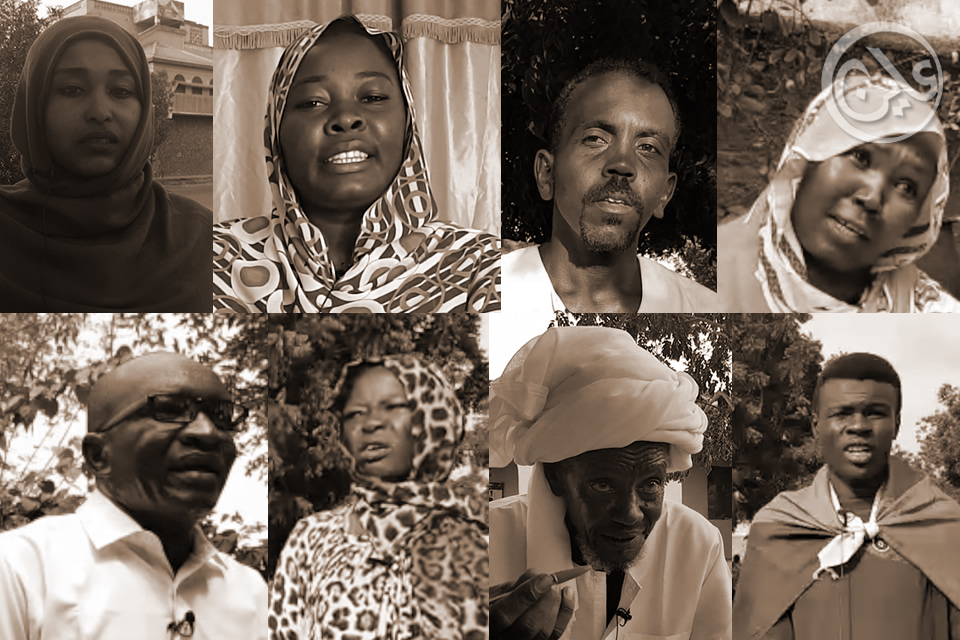
When citizens celebrated the signing on Saturday at Freedom Square in Khartoum, hundreds of Sudanese flags were raised and uluations could be heard across the arena, eyewitnesses told Ayin. But later in the day, stones were thrown and the ceremony ended in disarray. Attendees complained of a lack of representation by the opposition umbrella group, the Forces for Freedom and Change (FFC) and no assurances calling for justice towards atrocities committed against those who died in the revolution.
There are certainly valid reasons to both celebrate and protest.
Sudan has made some momentous political developments in the past few days. This weekend, the opposition and military council signed two documents, a power-sharing agreement and constitutional declaration, potentially paving the way for a transitional government and elections after 39 months. The political deal also includes the establishment of an independent investigation into the crackdown on protesters by the security forces.
On Tuesday, FFC nominated five members of an 11-member Sovereign Council including: Aisha Musa, Hassan Sheikh Idriss, Mohamed al-Faki Suleiman, Siddiq Tawer and Mohamed Hassan al-Ta’aishi. A joint meeting between the former Transitional Military Council (TMC) and the FFC chose Raja Nicola as the 11th member.
The TMC has nominated their five representatives for the Sovereign Council including: Lt.-Gen. Abdel Fattah al-Burhan, who will lead the council for the first 21 months, his deputy Gen. Mohamed Hamdan Dagalo (aka “Himmedti”), Lt.-Gen.Yasser Al-Atta, spokesman Lt. Gen. Shams-Eddin Kabbashi and Lt.-Gen. Ibrahim Jaber Karim.
On Wednesday, the Council was sworn in along with the newly appointed premier, economist Abdalla Hamdok.
Despite these developments, many Sudanese, especially from the periphery, treat these developments with caution. Issues of trust are paramount. Few Sudanese trust the military council’s involvement in the transitional government and fear their participation will dismantle any efforts to establish a civilian, democratically elected leadership along with other demands from the revolution: peace and justice. Perhaps most pertinent, many Sudanese citizens note a disconnect between their concerns and the FFC who are meant to represent them.
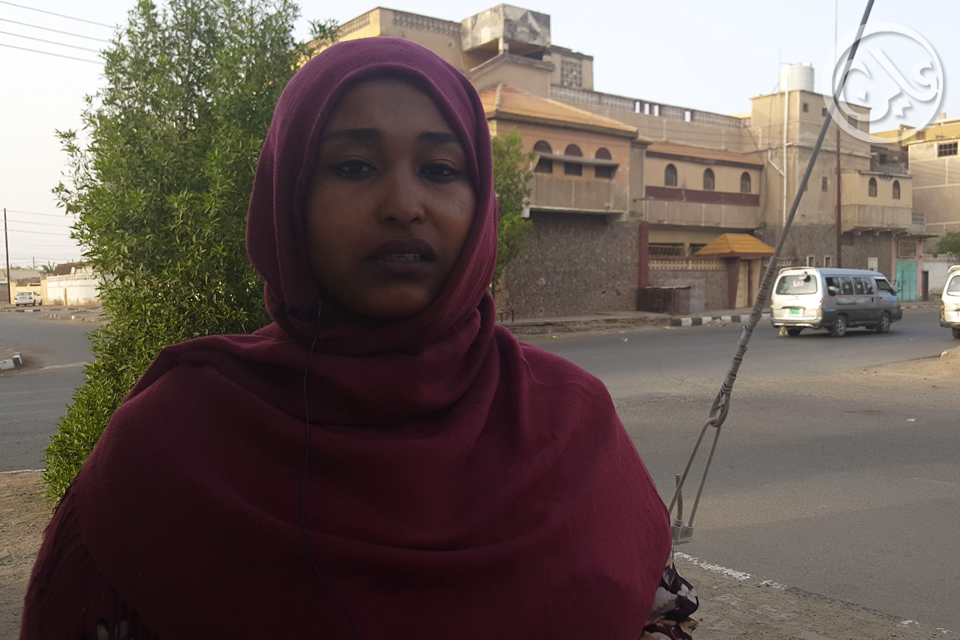
Wary of a military-led government
“The transitional government has some good sides and bad sides,” says Isra al-Safi, a recent university graduate living in the eastern coast city, Port Sudan. “It is good that it has civilian representation within the government with professional people working in it, but the bad side is sharing this power with the military council.” According to Isra, the involvement of the military council corrupts the main reason behind the revolution –calls for civilian leadership. “If there is a military council involved, then it’s only half a civilian government.” Indeed, the stance of the opposition has drastically shifted, writes Sudanese attorney Abdelkhalig Shaib, from demanding the handover of power from the military, to agreeing to a power-sharing deal with the military council.
Levels of distrust are high. “We sat with a bad government for 30 years, I do not trust the government that is coming,” says Intisar Ramadan, a local government employee in Dilling, South Kordofan. “Bashir was military and now we have yet another military government in power.” Ahmed Mohamed, a teacher from Kajbar, North Sudan, says he cannot trust the former Transitional Military Council now sharing power given their history. The military council has always operated as a security force for Bashir, Mohamed said, and routinely interfered in the political agreement process during the revolution. “I fear they will do it again while in power.”
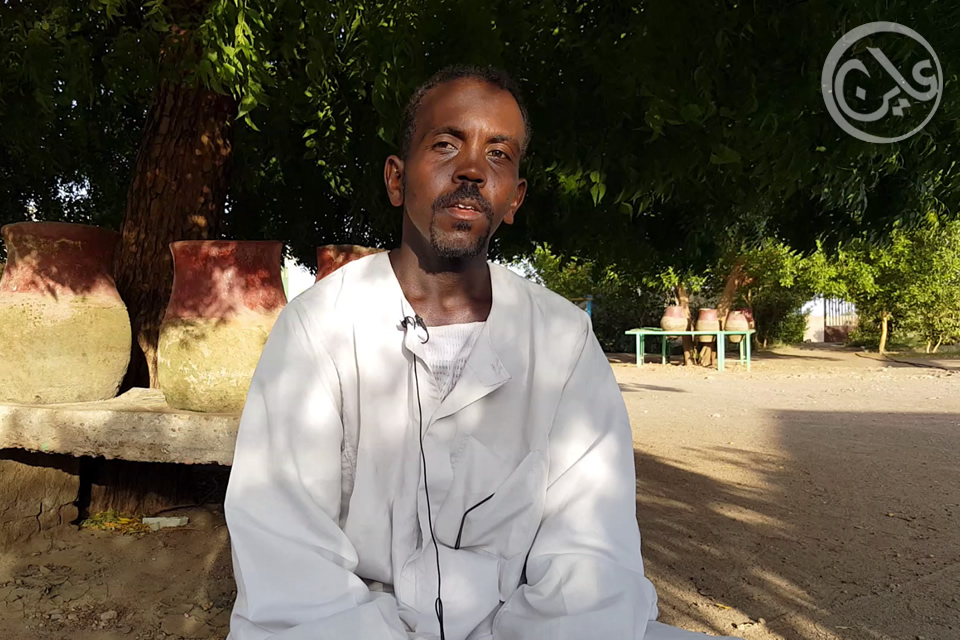
Justice deniedDespite being wary, Ahmed Mohamed remains cautiously optimistic, hoping justice will prevail and past wrongs will be addressed. “The first thing from the new government [we need] is justice, this is what we were shouting during the revolution, we need freedom, peace and justice.” To Mohamed, this means taking everyone who killed people during the sit-in to court but also any perpetrators of human rights violations during the entire period under Bashir’s reign since 1989. Isra al-Safi suspects the former military council are determined to remain in power to avoid legal prosecution. “They [the military council] did a lot of bad things so they want to remain in government to change the laws and escape culpability. Just like Bashir, the only way for him to stay safe was to remain in government, the same applies to the current TMC.”
The political agreement signed on Saturday provides for a national independent commission of inquiry to investigate into the bloody massacre against protesters at the sit-in site on 3 June in addition to other human rights violations. But the wording is vague, according to attorney Shaib, and lacks key provisions regarding the jurisdiction, obligations and powers of the commission. “In addition, the commission will be formed only after the transitional government is established,” writes Shaib, “this will take time, thus giving the TMC ample opportunities to try to erase all traces of its direct involvement in the crimes committed on June 3, 2019.”
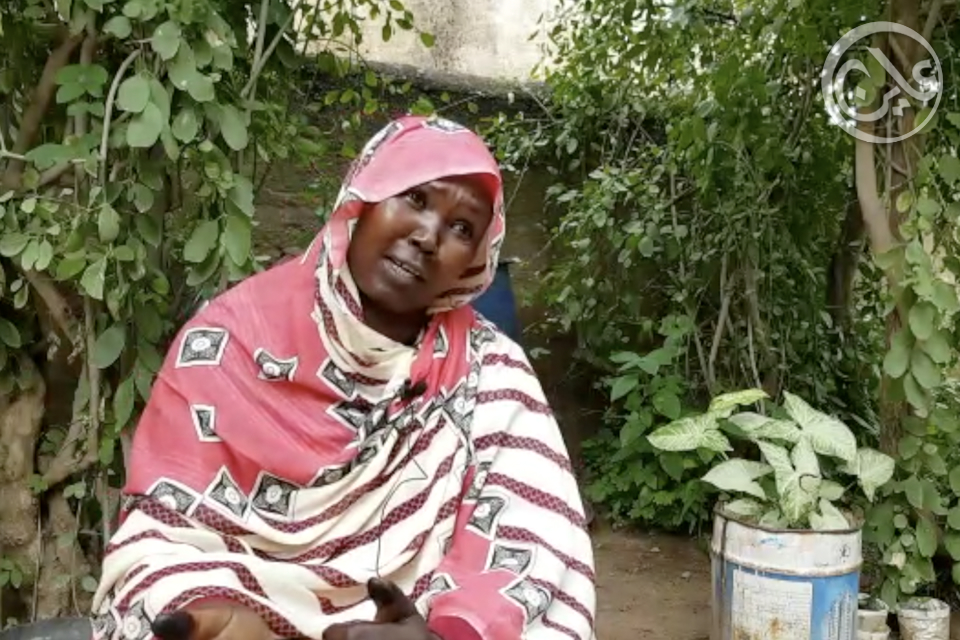
Peace not in our time
For those who have lived under Sudan’s multiple internal conflicts, establishing peace is the primary priority of the new government, but few trust the new government to ensure this. “If there is no peace, there is nothing,” Intisar Ramadan told Ayin from restive South Kordofan. “We are not going to be in peace during the transitional period controlled by the TMC that is why we do not trust the agreement, especially here in South Kordofan where the army and militia always use violence against us.” According to Ramadan, peace is not addressed in either agreement and the TMC will continually block any attempts while in power during the transitional period.
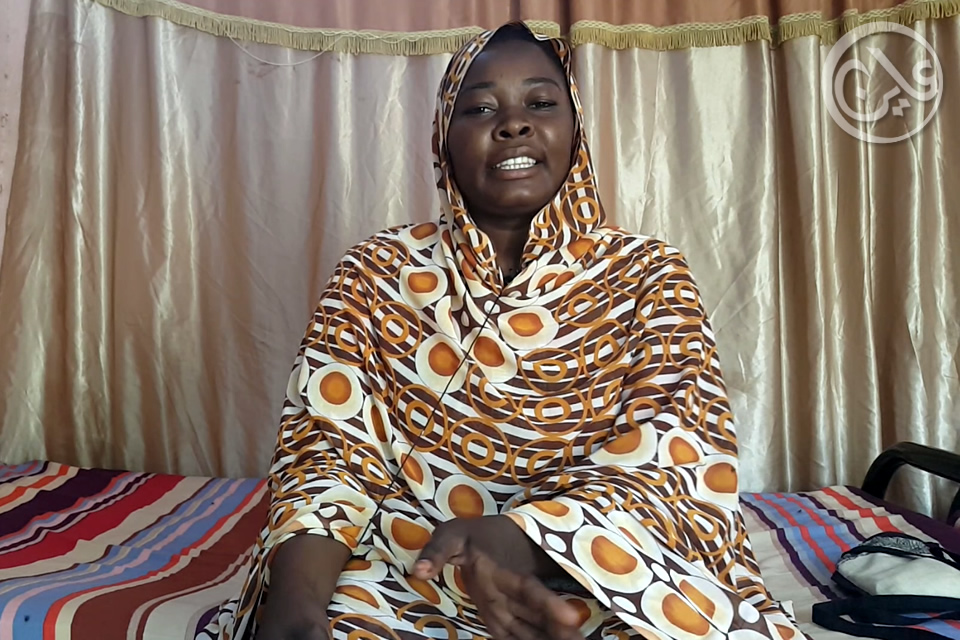
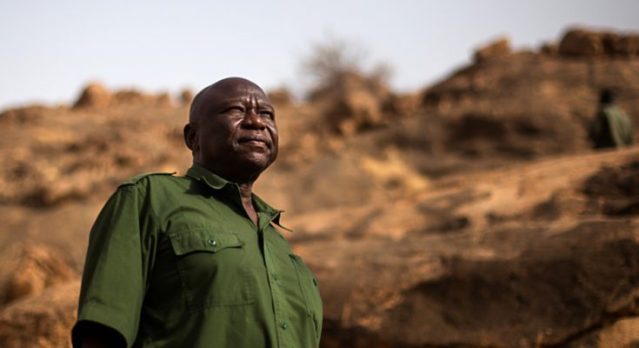
The road ahead for Sudan’s transitional government is extremely rocky and civilians will be monitoring their movements with a wary eye –even if many are encouraged by recent political developments. “This agreement is the first step in the right direction,” Ahmed Mohamed told Ayin. “We are going to see how our revolution is going, if the TMC and FFC do the right thing, it’s fine, if not, we will be back on the streets again,” he said. “Personally, I am going to be the first one on the streets.”


